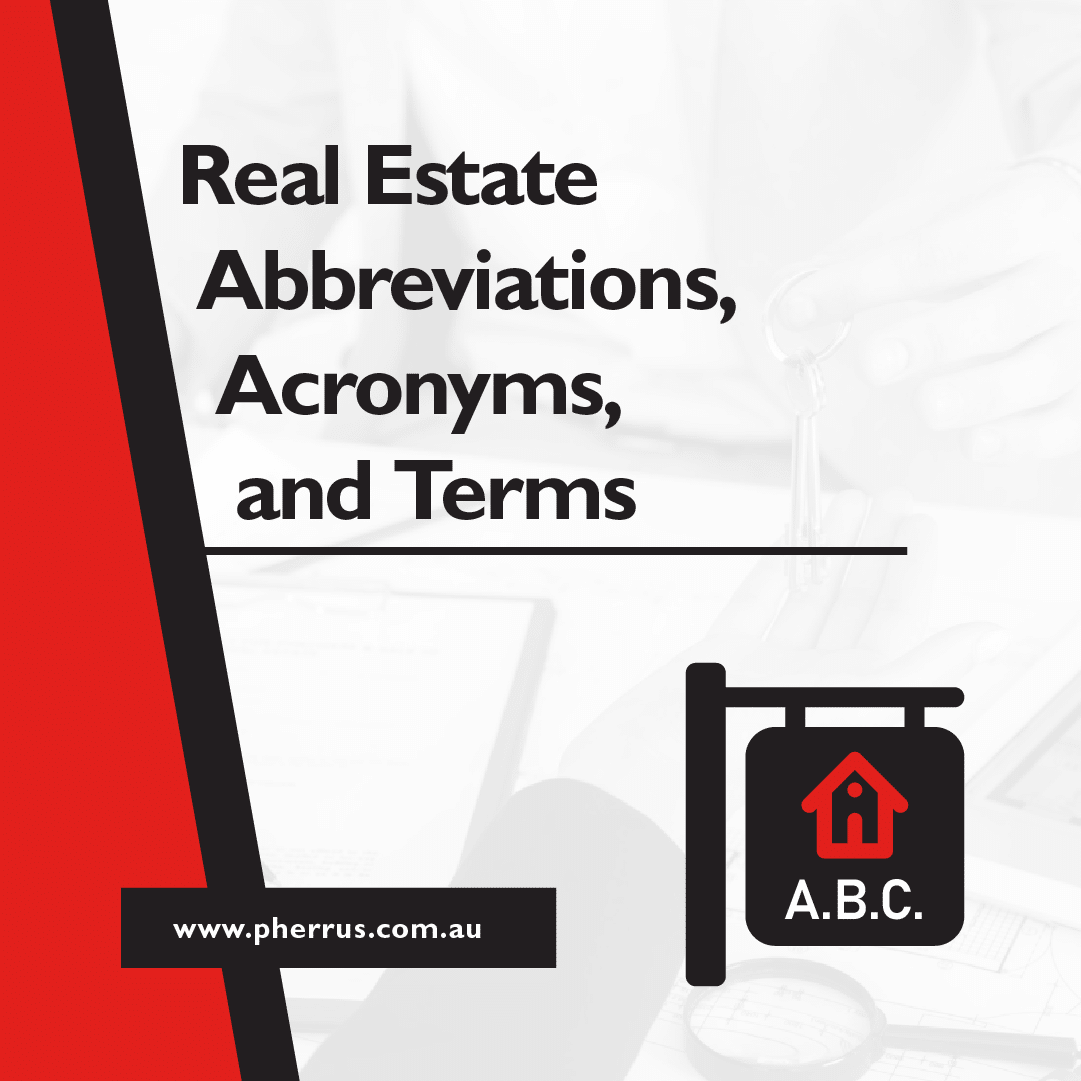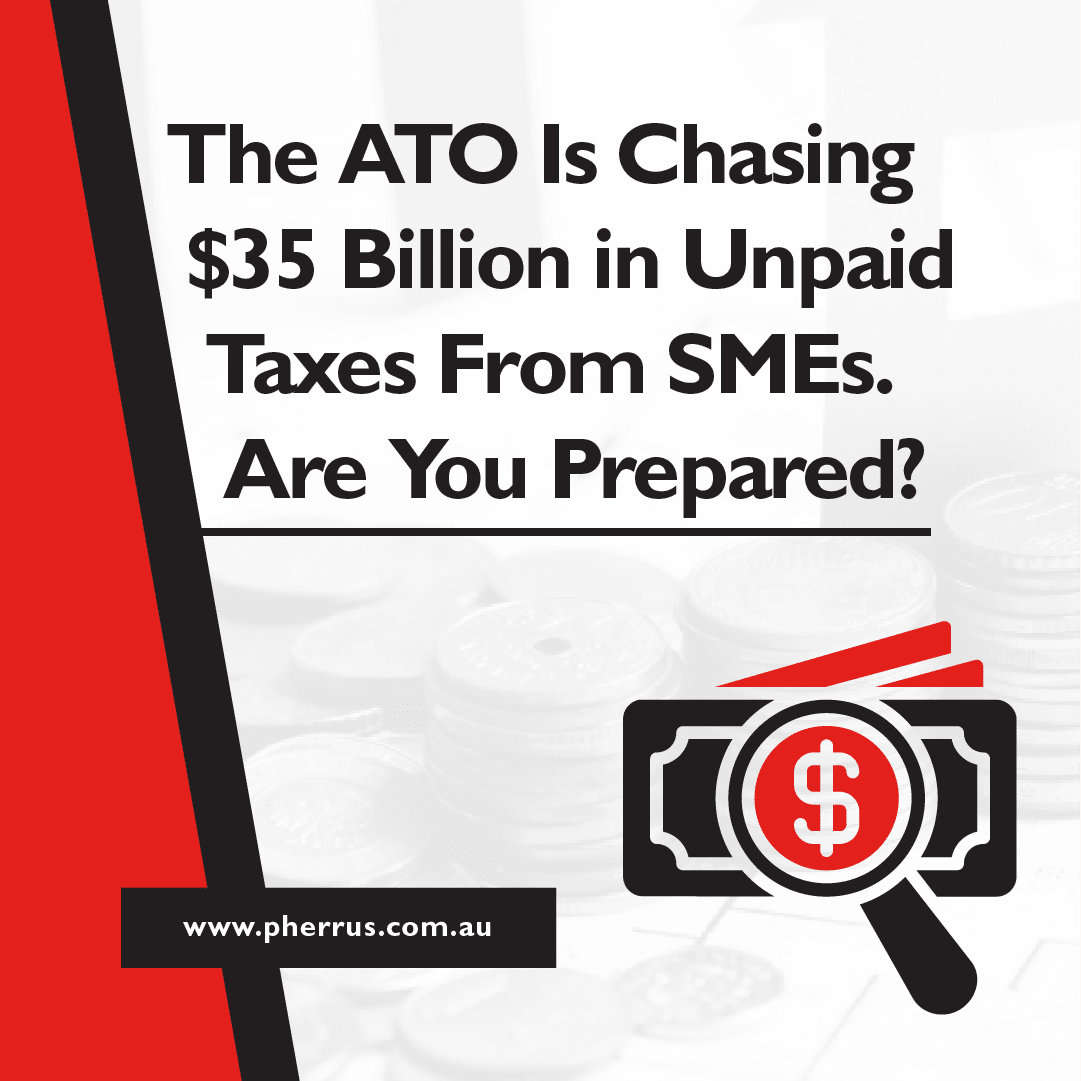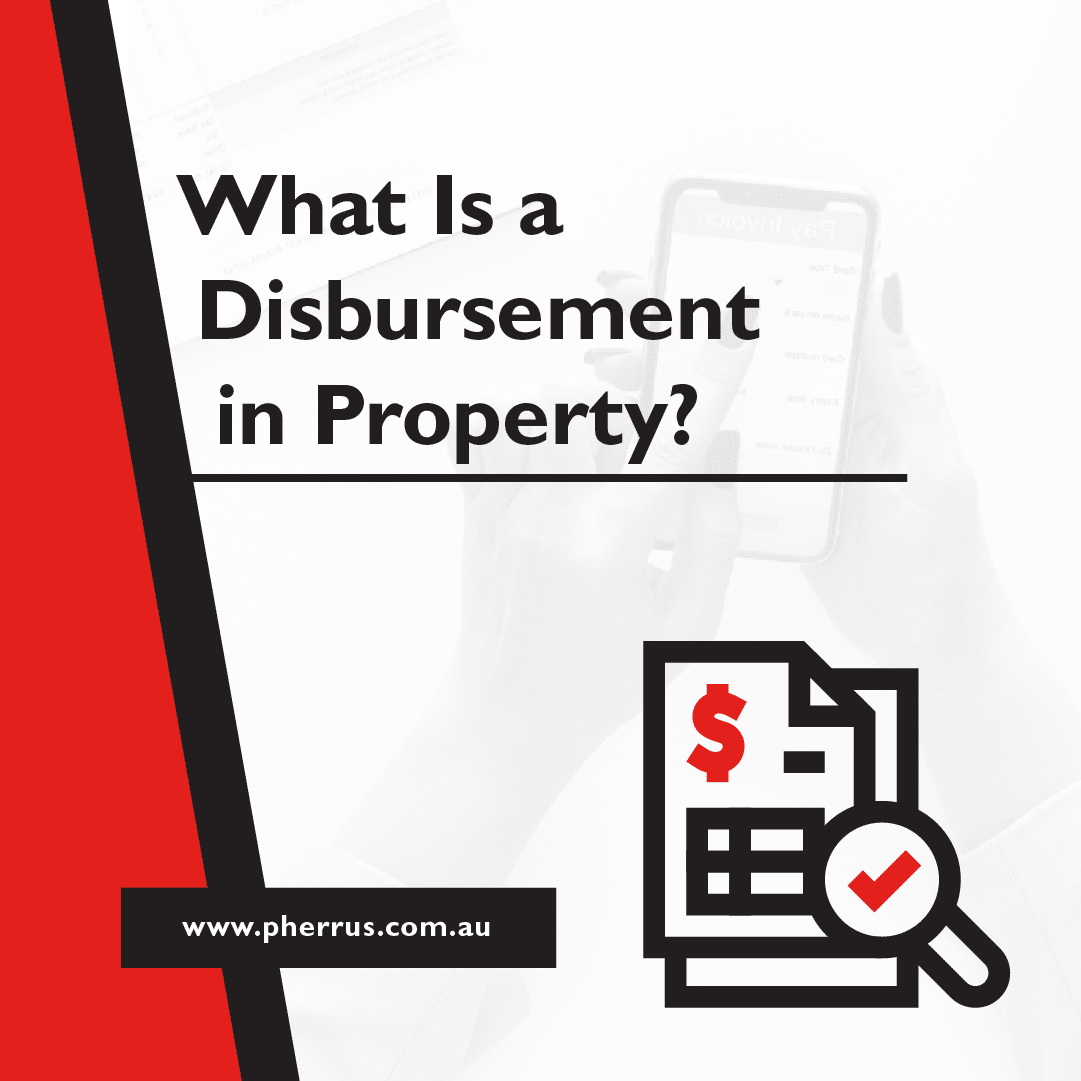The real estate industry is filled with jargon.
When dealing with real estate professionals, it can feel like they’re speaking a different language!
We’ve compiled this list of real estate abbreviations, acronyms, and terms to help you navigate the world of property buying and selling with confidence and clarity.

Quick Navigation

A
Appraisal
An evaluation of a property’s market value conducted by a licensed appraiser.
They assess the property’s condition, features, and location and compare it to recent sales of similar homes in the area.
Appreciation
The increase in a property’s value over time due to demand, improvements to the property, and favourable market conditions.

B
Bank Valuation
An estimate of a property’s value conducted by a bank or lender to help them determine how much they will lend the buyer for that property.
Unlike a market appraisal, this valuation is conservative, focusing solely on the property’s resale value in case the bank/lender needs to sell it quickly if the borrower defaults.
Bridging Finance
A short-term loan that lets people buy a new home without waiting for the sale of their current one.
Once the existing property sells, the bridging loan is repaid in full.
Building Inspection
A thorough check of a property’s condition performed by a qualified inspector to identify any structural issues, safety hazards, and maintenance needs.
The buyer usually orders and pays for a building inspection to understand the property’s condition and negotiate price adjustments if issues are found.
However, in some cases, a seller may order a building inspection before listing their property to address any problems upfront and reassure potential buyers.

C
Capital Gains
The profit made when a property is sold for more than its purchase price, minus certain expenses: legal fees, agent commissions, and costs for improvements made to the property.
Capital Growth
The increase in a property’s value over time driven by market demand, location, and improvements.
Caveat
A legal notice protecting a person’s interest in a property by legally ensuring they’re involved in any significant transaction involving that property.
For example, if someone has loaned money to the property owner, a caveat prevents the owner from selling or refinancing without settling that debt.
Caveat Emptor
A Latin phrase translating to “let the buyer beware”, meaning the buyer is responsible for investigating a property’s condition before purchasing.
CGT (Capital Gains Tax)
A tax on the profit made when an investment or rental property is sold for more than its purchase price.
It’s calculated based on the difference between the purchase and sale prices, minus allowable expenses, and is paid as part of the seller’s income tax.
Company Title
Property ownership where a company owns a building, and buyers purchase shares in the company rather than owning individual units.
These shares give the buyer the right to occupy a specific unit. Company title owners need company approval to sell, lease, or make major changes to their units.
Cooling-Off Period
A short timeframe after signing a property purchase contract when the buyer can change their mind and cancel the purchase without major penalties; they may just lose a small fee.
Counter Offer
A response from the seller to the buyer’s initial offer on a property, proposing different terms—usually a higher price or adjusted conditions.
The buyer can then accept, reject, or make another counter offer until both parties agree.

D
Depreciation
The decrease in a property’s value over time due to wear and tear, aging, and outdated features.
For investment properties, depreciation on the building’s structure and certain assets within it (e.g., appliances) can be claimed as a tax deduction.
Disbursements
Additional costs paid by the buyer or seller during the property transaction process that cover expenses for title searches, council rates searches, and strata reports obtained by a conveyancer or solicitor.

E
EOI (Expression of Interest)
A formal yet non-binding way for a buyer to show their serious interest in purchasing a property, including their proposed price and terms.
EPR (Estimated Price Range)
The price range a seller or agent provides as a guide for potential buyers, indicating the expected selling price of the property.
ESR (Estimated Sales Range)
The projected price range within which a property is likely to sell, based on market analysis and comparable property sales.
It gives buyers an idea of the seller’s expectations, though the final sale price may differ depending on demand and negotiations.
Equity
The portion of a property’s value that the owner actually owns, calculated as the property’s current market value less any outstanding mortgage on it.
As the owner pays down the mortgage or the property’s value increases, their equity grows.
Equity can be used as collateral for loans or accessed through refinancing.
Exchange of Contracts
The point when the buyer and seller each sign and swap signed copies of the sale contract, making the agreement legally binding.
At this stage, the buyer pays a deposit, and both parties commit to the sale with a set settlement date.
Neither party can back out without facing penalties.
Exclusive Listing
A property listing agreement where only one real estate agent or agency has the right to market and sell a property for a set period.
Even if the owner finds a buyer independently, the exclusive agent will earn a commission on the property’s sale.

F
Fixed Rate
An interest rate on a mortgage that stays the same for a set period.
This means the borrower’s monthly repayments remain consistent, protecting interest rate rises during that time.
Fittings
Items in a property that aren’t permanently attached and can be removed by the seller when they move unless agreed otherwise in the sale contract.
Fittings can include curtains, freestanding appliances, and light shades.

G
Guarantor
A person who agrees to take responsibility for a borrower’s mortgage—typically by offering their own property as collateral—if the borrower cannot make payments.
A guarantor provides extra security to the lender, which can help the borrower qualify for a loan or avoid a large deposit.
Gearing
Borrowing money to invest in property. Gearing commonly describes whether an investment property is generating income that covers loan costs.

I
IO (Interest Only)
A loan where a borrower only pays the interest on the mortgage for a set period.
Monthly payments are lower during this time because they don’t reduce the loan principal. After the interest-only period ends, repayments increase as both principal and interest now need to be paid.
Interest
The cost of borrowing money from a lender, expressed as a percentage of the loan amount.
It’s added to monthly mortgage payments and is essentially the lender’s fee for providing the loan. The interest rate can be fixed (stays the same) or variable (changes with the market).

L
LMI (Lender’s Mortgage Insurance)
Insurance that protects the lender if the borrower defaults on their home loan.
LMI is required when the borrower’s deposit is under 20% of the property’s purchase price and is either paid upfront or added to the loan.
LVR (Loan-to-Value Ratio)
The percentage of a property’s value that a lender is willing to finance, calculated by dividing the loan amount by the property’s value.

M
Mortgage Protection Insurance
Insurance that helps cover your mortgage payments if you lose income due to illness, injury, or death.
Median Price/Median Rent
The midpoint price in a list of property sales or rental prices.
This price provides a more accurate snapshot than averages, as it isn’t affected by extremely high or low prices.

N
Negative Gearing
When the income from an investment property (like rent) is less than the costs of owning it (like mortgage interest and maintenance).
This creates a loss, which investors can often claim as a tax deduction.

O
Off-Market
Properties that are for sale but not publicly advertised; they’re shared privately with select buyers through agents or networks.
Off-market listings offer buyers less competition and sellers a more discreet sale process.
Offset Account
A bank account linked to a mortgage that helps reduce the interest paid.
The balance in this account offsets the mortgage balance, so interest is only charged on the difference.
OTP (Off The Plan)
Buying a property before it’s built, based on designs, plans, and renders.
Buyers purchase the property at its current price, with the potential for value growth when it’s completed.

P
P&I (Principal and Interest)
A loan repayment structure where each payment covers both the loan amount (principal) and the interest.
This setup gradually reduces the debt over time, so the entire balance is paid off by the end of the loan term.
POA (Price on Application)
The property’s price isn’t publicly listed, perhaps because it’s high-value, the seller wants privacy, or to gauge interest first.
Interested buyers must contact the agent to inquire about the price.

R
Reserve Price
The minimum price a seller is willing to accept at auction.
It’s set before the auction begins and is kept confidential.
If bidding meets or exceeds the reserve price, the property is sold; if not, the seller can negotiate with the highest bidder or withdraw the property from sale.
Reverse Mortgage
A loan available to homeowners aged 60 or older that lets them access part of their home’s equity as cash.
Unlike a regular mortgage, there are no monthly repayments; the loan is repaid when the homeowner sells the property, moves out, or passes away.

S
Settlement
When ownership legally transfers from the seller to the buyer.
On the settlement date (agreed upon in the contract), the buyer completes payment, and the seller hands over the keys and legal ownership documents.
Stamp Duty
A government tax paid by the buyer at settlement on top of the property’s purchase price.
The amount varies based on the property’s value and location.
Strata Title
Property ownership for apartments, townhouses, and units where owners own their units and share ownership of common areas, like hallways, gardens, and pools, with other unit owners.

T
Title
The legal document that proves property ownership and lists any attached rights, restrictions, or interests (like mortgages or easements).
Torrens Title
A system of property ownership where the government records and guarantees a property’s title.
The title register shows the current owner and any legal interests (like mortgages) on the property.
Trust Account
A secure account used by agents to hold deposits or rent payments on behalf of buyers, sellers, or landlords.
The funds are kept separate from the agency’s own money to protect clients and ensure the funds are available when needed, like at settlement.

V
Variable Rate
An interest rate on a mortgage that can change over time, depending on market conditions.
When interest rates go up, monthly payments increase; when they go down, payments decrease.
Vendor
A person or entity selling a property.
They may work directly with buyers or hire a real estate agent to attract potential buyers, gather offers, and give advice on the property’s value during the selling process.

Y
Yield
The return on investment a property generates from rental income.
Yield is calculated as a percentage by dividing the annual rental income by the property’s purchase price or market value.

Z
Zoning
Local government regulations that determine how land can be used—what types of buildings can be constructed, their size, and their placement on the land.
Different zones are designated for specific purposes: residential, commercial, industrial, and agricultural use.
Pherrus: Your Local Real Estate Accounting Experts
Understanding real estate abbreviations, acronyms, and terms makes all the difference when buying, selling, or investing in property.
But knowing the real estate terminology in Australia will only get you so far!
When it comes to the financial strategies and tax planning associated with property transactions and investments, expert guidance is essential.
At Pherrus, we specialise in property accounting.
We can save you time and stress while helping you make informed decisions and maximising your returns.
Contact us today for clear, professional advice tailored to your property goals.
Fill out our online form or call (02) 9099 9109 to book an appointment at our Bella Vista office in Sydney, NSW.





